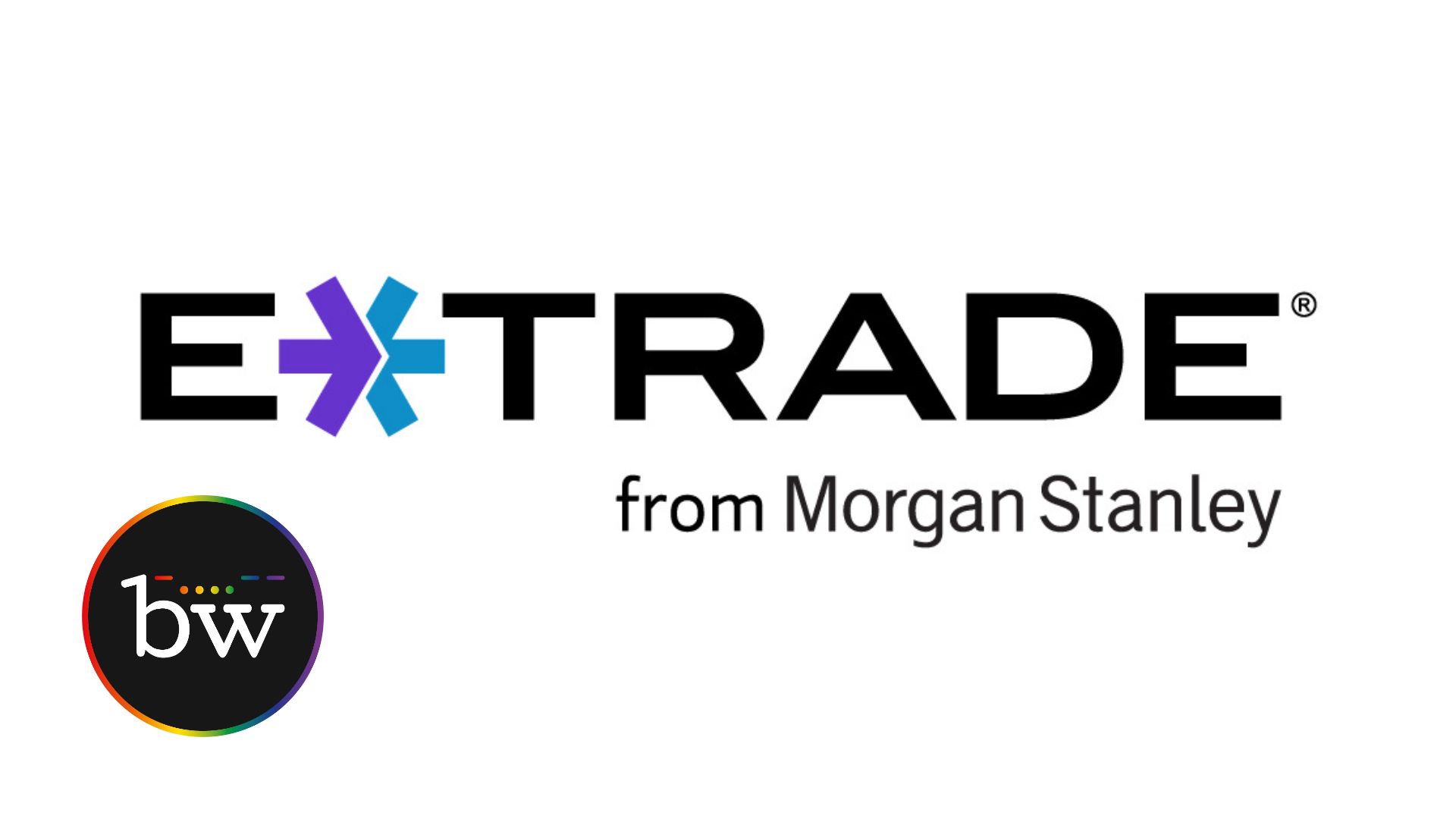For decades, the pillars of traditional finance stood firm, sceptical of digital currencies that once seemed a passing fad. Yet, in an industry-wide pivot that underscores the shifting tides of global finance, Morgan Stanley’s E-Trade is preparing to introduce cryptocurrency trading services. This bold move reflects the growing institutional acceptance of digital assets and a cautious optimism about regulatory clarity in a once-uncertain domain.
This seismic shift comes at a critical juncture for the financial world. E-Trade, acquired by Morgan Stanley in 2020 for £11.2 billion, has long been a cornerstone of retail investment, boasting over 5.2 million accounts and managing assets exceeding £290 billion. By venturing into the volatile yet promising world of cryptocurrencies, E-Trade positions itself at the forefront of a revolution that is blurring the lines between traditional and digital finance.
While the cryptocurrency market remains a battleground of speculation and innovation, institutional players like Morgan Stanley are taking measured steps to integrate these assets into mainstream portfolios. E-Trade’s plans hinge on securing approval from pivotal regulatory bodies, including the US Federal Reserve, an institution historically wary of cryptocurrencies’ disruptive potential. The approval process will be a litmus test for the industry’s readiness to embrace digital assets without compromising systemic stability.
This move aligns with a broader trend of financial heavyweights re-evaluating their stance on digital currencies. Industry competitors such as Charles Schwab have hinted at similar aspirations, contingent on favourable regulatory landscapes. Their interest marks a departure from the scepticism that once defined Wall Street’s relationship with Bitcoin and its ilk.
Understanding E-Trade’s leap requires delving into the technology underpinning cryptocurrencies. At its core, blockchain technology — a decentralised digital ledger — ensures transparency and security in transactions. It is this robust infrastructure that has attracted innovators and sceptics alike, compelling even the most cautious financial institutions to reconsider their positions.
For E-Trade, enabling cryptocurrency trading would mean integrating blockchain-backed assets into its existing platform, allowing users to buy, sell, and possibly store digital currencies like Bitcoin and Ethereum. This capability would mark a new chapter in the democratisation of finance, offering investors a diverse range of assets within a single ecosystem.
The implications of E-Trade’s move extend beyond its corporate walls. If successful, this initiative could set a precedent, encouraging more traditional financial institutions to embrace digital assets. Such mainstream acceptance could bring much-needed stability to crypto markets, notorious for their extreme volatility.
However, this evolution is not without its challenges. Cryptocurrencies remain highly susceptible to market speculation and regulatory crackdowns. Furthermore, questions about their environmental impact, driven by the energy-intensive process of mining, continue to fuel public debate. For E-Trade and its peers, navigating these issues will require robust compliance frameworks and an unwavering commitment to transparency.
E-Trade’s venture underscores a broader shift in the financial industry’s relationship with innovation. As global economic conditions remain uncertain, with indicators like the US consumer confidence index recently slipping to 104.7 from 112.8, the appetite for new investment opportunities is growing. Digital assets, despite their risks, represent a beacon of potential in an increasingly interconnected financial ecosystem.
The stakes are high. For Morgan Stanley, E-Trade’s success in the crypto market could cement its status as a trailblazer, bridging the gap between conventional finance and digital innovation. For investors, the integration of digital currencies into mainstream portfolios offers both opportunities and challenges, requiring a nuanced understanding of a rapidly evolving landscape.
As E-Trade inches closer to its crypto debut, all eyes are on the regulatory landscape. Approval from key bodies will not only legitimise E-Trade’s ambitions but also shape the broader trajectory of cryptocurrency adoption in traditional finance. For now, the story of E-Trade’s foray into digital assets serves as a microcosm of the financial industry’s delicate balancing act: embracing innovation without losing sight of stability.
In the words of a financial analyst observing this transformation, “The question isn’t whether digital currencies will reshape finance, but how and when. E-Trade’s move signals that the future is closer than we think.”
As the journey unfolds, E-Trade’s bold step into cryptocurrency trading will undoubtedly be remembered as a defining moment in the history of finance, where tradition met technology on the precipice of transformation.

